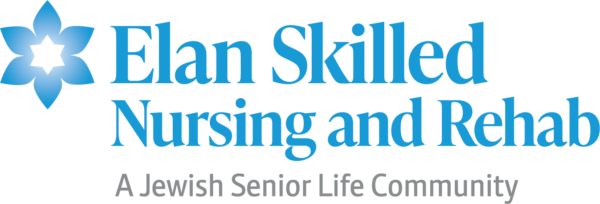Today, more than one in five Americans (21.3 percent) are caregivers, having provided care to an adult or child with special needs at some time in the past 12 months. Caregivers play a crucial role in the lives of people unable to care for themselves. While caring for others can be very rewarding, it can also be extremely stressful.
Caring for a spouse, adult child, elderly parents or others is a big and important responsibility. You may be related by blood, marriage or adoption but regardless of your connection, you stepped in and opened your heart and in some cases, your home to provide care for another in need.
If you’ve been taking care of a chronically ill spouse or elderly parent, you may be feeling the effects of caregiver stress. If you’re feeling frustrated or overwhelmed or are experiencing increased stress symptoms, you’re not alone. Providing this type of care can also create additional challenges.
Facing the reality of shifting roles, fear and uncertainty of your loved one’s future, guilt, and financial strains, along with the constant demands of meeting another’s daily needs all contribute to caregiver stress.
Caregiver stress, also known as caregiver stress syndrome, is a state of mental, emotional, and physical exhaustion caregivers experience. They may also experience:
- fatigue
- stress
- anxiety
- depression
Caregivers often manage the physical and emotional needs of people unable to care for themselves. The exhaustion caregivers feel is amplified by the fact that they often don’t have the time necessary to care for themselves. This leaves the caregiver feeling depleted and at risk for burnout, anxiety, and depression. The good news is that there are many strategies that caregivers can use to manage and reduce their stress levels.
- Prioritize Self-Care: Caring for someone else can be an incredibly demanding job, and it’s important to make sure that you’re taking care of yourself as well. Make sure that you’re eating healthy meals, exercising regularly, getting enough sleep, and taking time for hobbies or activities that bring you joy.
- Ask for Help: Many caregivers hesitate to ask for help because of feelings of guilt or a fear of burdening others. However, it’s important to remember that asking for help is not a sign of weakness – it’s a sign of strength. Reach out to family and friends or consider enlisting the help of a professional caregiver if you need additional support.
- Practice Mindfulness: Mindfulness is a powerful tool for managing stress. Taking even a few moments each day to focus on your breathing and be present in the moment can help reduce stress and increase your sense of well-being.
- Make Time for Fun: Caregiving can be an incredibly rewarding experience, but it’s important to make sure that you’re making time for fun as well. Schedule regular breaks and outings with friends or family or carve out some time each day to do something that you enjoy.
- Find a Support Group: Connecting with other caregivers can be a great way to relieve stress and feel supported. Look for local support groups or online forums to connect with other caregivers who understand what you’re going through.
By taking the time to prioritize self-care and ask for help, practice mindfulness, make time for fun, and connect with other caregivers, you can effectively manage your stress and enjoy the rewards of caregiving.
Elan Skilled Nursing and Rehab Center welcomes individuals of all faiths and religious affiliations. At Elan Skilled, we understand how complicated caring for loved ones can be. We’re here to simplify the process, listen to your concerns, and help you make decisions with confidence.
We can provide temporary short-term care for your dependent loved one through our respite care program, which is designed to give personal caregivers a short-term break.
Whether this break involves weeks or months, respite care can help caregivers attend to personal commitments and responsibilities, work outside the home, or simply take some time to relax and recharge.
To learn more about the respite care program and the services provided at Elan Skilled Nursing and Rehab Center, please contact Melissa Bednar at 570-344-6177.





